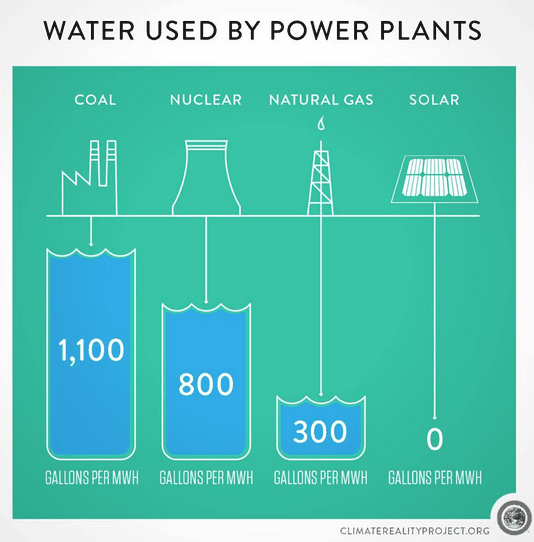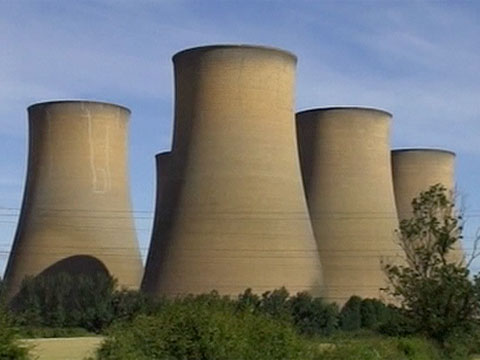Two recent water use studies by the Center for Naval Analyses (CNA) have discovered that most power systems do not register how much water they are using to cool their systems. The finding is relevant in light of the main finding of the research: due to combined water consumption and power system cooling, water scarcity will affect 30-40 percent of the world by 2020 and will surpass available water resources by 2040, leading to a global water shortage.
“It’s a huge problem that the electricity sector do not even realise how much water they actually consume. And together with the fact that we do not have unlimited water resources, it could lead to a serious crisis if nobody acts on it soon,” said Professor Benjamin Sovacool from Aarhus University.
The two reports, “Capturing Synergies Between Water Conservation and Carbon Dioxide Emissions in the Power Sector” and “A Clash of Competing Necessities; Water Adequacy and Electric Reliability in China, India, France, and Texas,” were competed by Aarhus University in Denmark, Vermont Law School and CNA Corporation in the US, and were published on the CNA website.
The water shortage will affect 30-40 percent of the world by 2020, the researchers found, and it will be impossible to maintain current water usage by 2040, resulting in future competition between energy and human consumption needs.
“This means that we’ll have to decide where we spend our water in the future, said Sovocool. “Do we want to spend it on keeping the power plants going or as drinking water? We don’t have enough water to do both.”
“It’s a very important issue,” said Paul Faeth, lead researcher and Director of Energy, Water, & Climate at CNA. “Water used to cool power plants is the largest source of water withdrawals in the United States and France, and a large source in China and India.”
 The researchers noted that only solar and wind power systems do not require cooling cycles, and recommended replacing other power sources with these systems.
The researchers noted that only solar and wind power systems do not require cooling cycles, and recommended replacing other power sources with these systems.
In addition to improving energy efficiency and cooling cycle technology, the researchers advised the registration of power plant water consumption and the abandonment of fossil fuel facilities in all water-scarce locations.
“If we keep doing business as usual, we are facing an insurmountable water shortage–even if water was free–because it’s not a matter of the price. There will no water by 2040 if we keep doing what we’re doing today. There’s no time to waste. We need to act now,” concluded Sovacool.
Water cooling is used because it is inexpensive and non-toxic, although direct cooled systems do pose thermal pollution risks. Water cooling is superior to air cooling because of its higher specific heat capacity, density and thermal conductivity. Industrial water cooling uses river, ocean and well water.
“The recommendations in these reports can serve as a starting point for leaders in these countries,” said Faeth, “and for leaders around the world, to take the steps needed to ensure the reliability of current generating plants and begin planning for how to meet future demands for electric power.”
By Day Blakely Donaldson
Illustration courtesy Climate Reality Project
